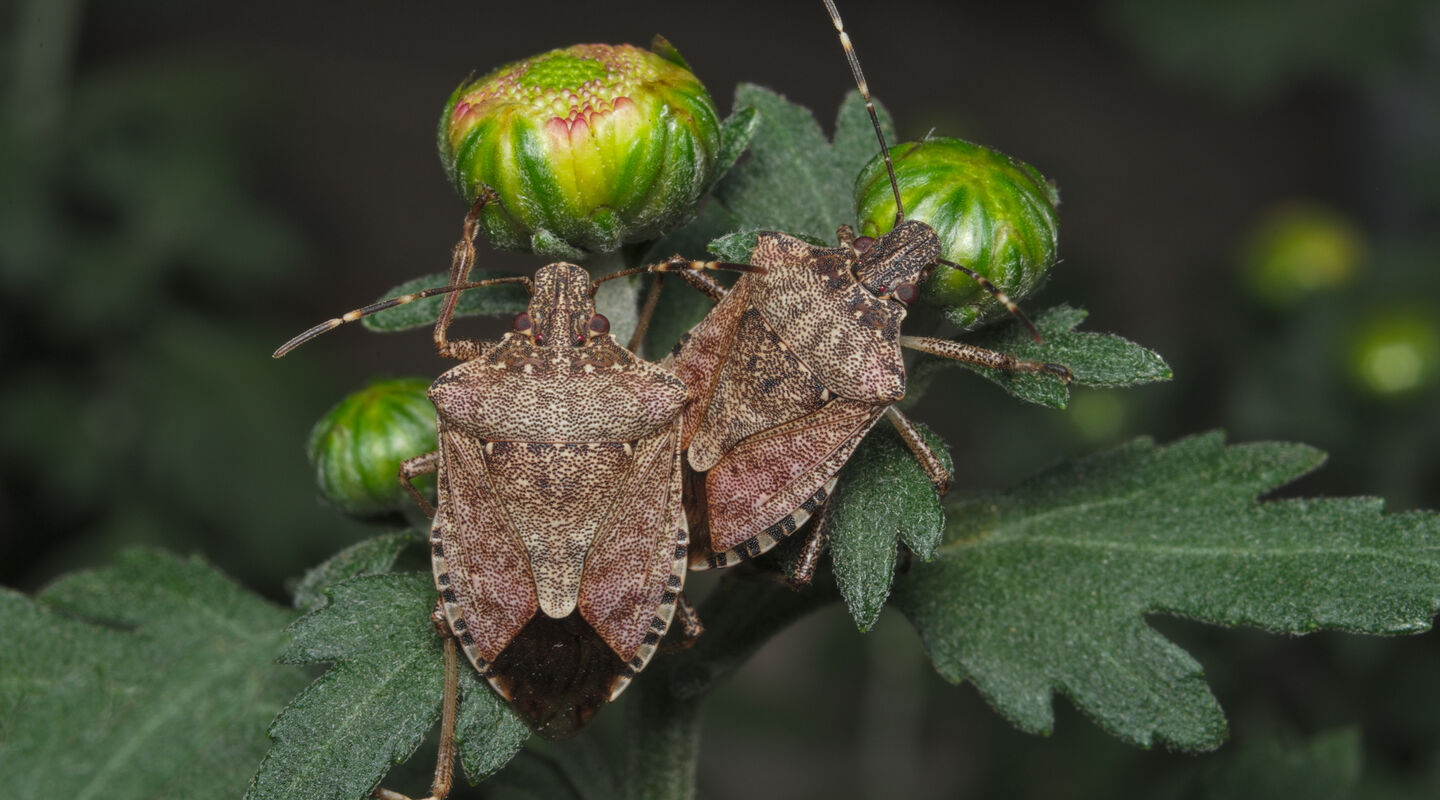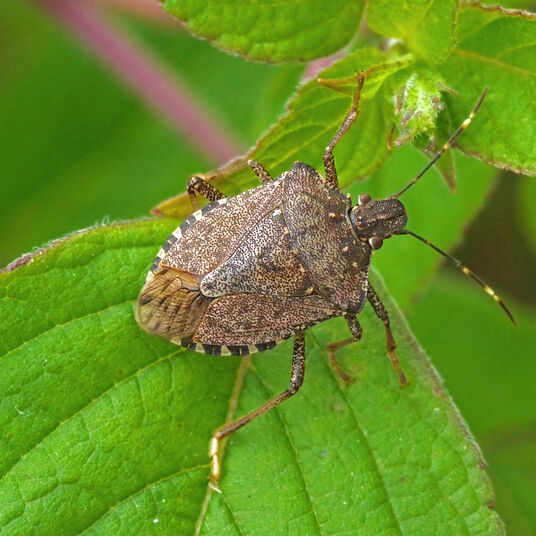Combating the stink bug threat: How is WW Ocean responding?
The stink bug threat continues for the shipping industry and trade. We explore how WW Ocean is responding and the type of regulatory approach needed going forward.

The brown marmorated stink bug (BMSB) – a pest that has already wreaked havoc across several continents since its 2014 detection in cargo from North America to Australia and New Zealand – has also caused delays for cargo owners, industry and shipping lines.
In addition to raising concerns for Australian and New Zealand biosecurity, delays mean supply chain disruption and financial repercussions as a result.
We pride ourselves in the consistent and high levels of service to Oceania we have provided over decades, and we know that delays to cargo delivery are unacceptable to our customers – particularly with the knock-on effects to supply chains and additional costs.
Why have services been disrupted?
Service disruption has not been down to lack of action. Since the outbreak of the BMSB threat in North America in 2014, WW Ocean has worked diligently with the Australian Department of Agriculture, Water and the Environment (DAWE) and the Ministry for Public Industries (MPI) in New Zealand to encourage consistent and effective regulation, understanding and enforcement of the BMSB threat. The main challenge lies with inconsistencies in current regulations and border enforcement.
Added to this, there are inconsistencies around how different transport segments are monitored. The air freight industry, for example, doesn’t face much scrutiny despite BMSBs being found in products transported by air. RoRo shipping, on the other hand, has come under great scrutiny, with authorities considering entire vessels to be impacted and not a single shipment in a container, which is usually ashore when infestations are discovered.
How WW Ocean is responding today
As each stink bug season draws to a close, the industry’s thoughts turn to the following September and measures that can be put in place to prevent the issue escalating. WW Ocean already surveys all units not requiring fumigation loaded on Oceania vessels, segregates cargo in terminals, and separates – as far as is possible – treated and non-treated cargo on board vessels.
‘Fogging’ on board has also been implemented at certain points during the voyage: this involves applying an insecticide to cargo, which can bring insects out of hibernation, and highlights infestation – or lack of infestation – well before arrival in Australian waters.
WW Ocean is also working closely with DAWE and MPI to provide input on the effectiveness of current regulations and to recommend ways to strengthen them.
It’s crucial that biosecurity regulation is consistent, and that regulatory changes align risk areas, treatment windows and seasons. Lobbying for consistent application across RoRo and other transport segments will be crucial going forward.
It goes without saying that managing the BMSB threat is a need-to-do rather than a nice-to-do. As well as protecting WW Ocean customers from supply chain disruption, the right measures protect the Australian and New Zealand economies from dire and perhaps irreversible consequences should BMSB establish populations in their territories.


